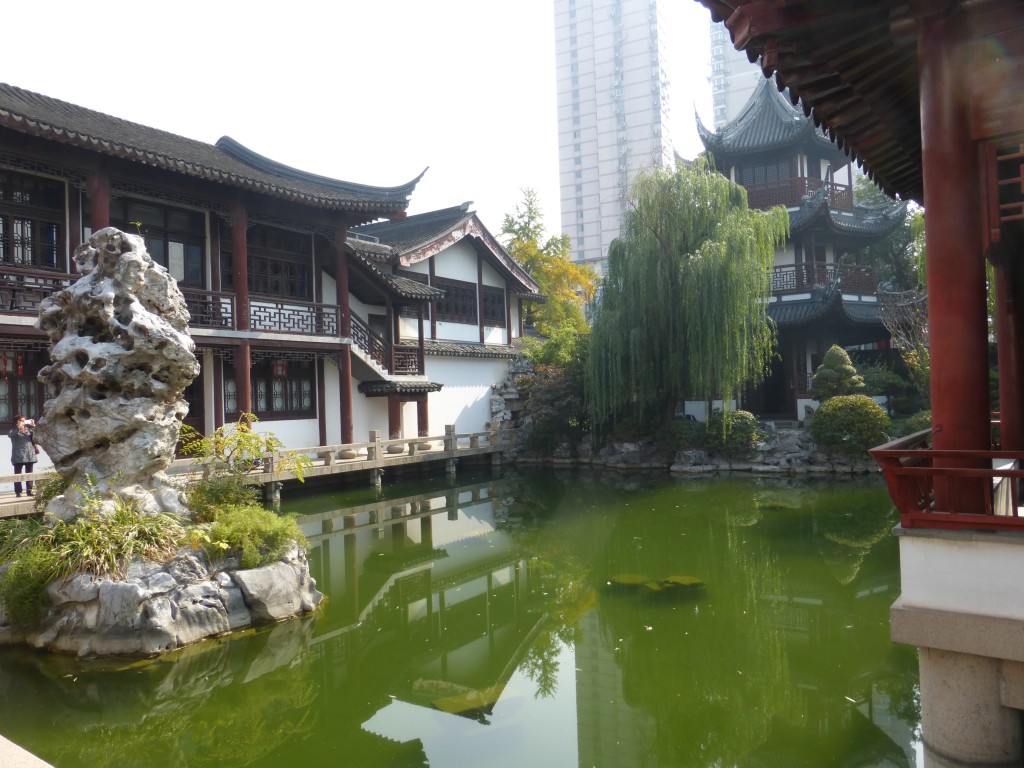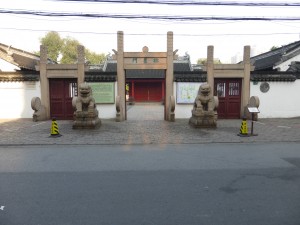
Religion in China has a long and varied history. Through devout ancient worship of ancestors to today’s atheist Communist Party, China has seen its share of belief structures. Today, only five religions are officially recognized by the Chinese government: Buddhism, Taoism/Daoism, Islam, Catholicism and Protestantism. In this three-part series, I will be taking an individual look at two of the more unique religions in the country plus an unrecognized one that is widely practiced: Confucianism, Buddhism and Taoism/Daoism.
A brief history of religion in China
In the ancient dynasties of China’s origins ancestor worship was the belief of the time. People set up elaborate altars to invite and respect family members who had crossed before them. Divination practices, such as oracle bones, were highly regarded.
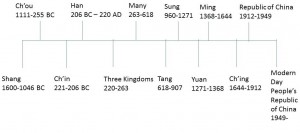
Confucianism was adopted in the Han Dynasty. It was also during this time that Buddhism made its first appearance in the country, believed to come by way of India through the Silk Road. Emperors began to rule under a mandate of divine appointment, believing their placements were ordained by the gods.
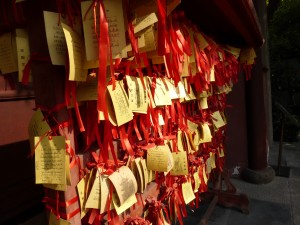
During the period of Many Dynasties, schools of Buddhism began to grow throughout the land, underpinned by the teachings of Confucius. It was also during this time that philosopher Lao Tzu developed the foundation for Taoism/Daoism.
Throughout the Tang to the Ming dynasties, these three religions enjoyed ups and downs, freedom and oppression depending on the whims of the ruling class. As the land became more open to foreigners during the Ch’ing Dynasty, Europeans introduced Christianity to the Chinese people. Under the Republic of China, religious freedom was enjoyed, and many religious structures, such as churches, synagogues, mosques and temples, were built.
After the Communist Party’s victory and the rise of Mao Zedong in 1949, the People’s Republic of China took a hostile approach to religion. Atheism became the designated stance of the nation, and many religious buildings were turned into government offices.
With the end of the Cultural Revolution and the adoption of the 1978 Constitution of the PRC, religious freedom with restriction has been granted in the country. An ongoing revitalization of religious structures can be seen throughout China, but some beliefs, such as Falun Gong, are perceived to be a threat to the government and still face oppression and human rights violations.
Who was Confucius?
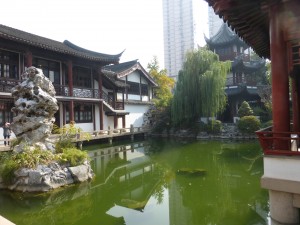
During a time known as the Warring States, a low-level magistrate yearned for peace as many kings with their strong armies attempted to take over their neighbors (think Game of Thrones). He believed that to create a congenial society, people must develop respect for each other through gaining knowledge. If he could teach the barbaric warlords literature, art, poetry and music, then this knowledge would lead to the respect needed for peace.
The youngest and only able-bodied son, Confucius was born in roughly 550 BC to a 72-year-old father and 18-year-old mother after nine sisters and one sickly brother. Later in life, he would come into government work and befriend Lao Tzu, who would be an early mentor for him.
Encouraged by Lao Tzu, Confucius left government work to spread his teachings on how culture was needed to influence politics for peace. Though largely ignored, he did set up schools that taught his philosophies. As it so often happens, his teachings would not find fame or appreciation until after his death around 480 BC.
What is Confucianism?
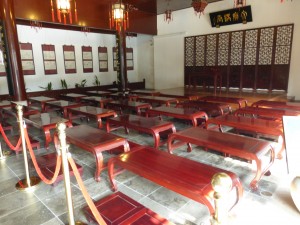
Though I’m classifying the philosophy into the religious category for the purpose of this blog series, Confucianism is more of a humanism than a spiritual religion. The ethical system focuses on the scholarly study of humanities to become the best possible person. There are many teachings in Confucianism that deal with society, government, the state of humanity, life at home and much more. Entire series of books have been written on Confucianism, so for the sake of brevity, I will focus on two of my favorite Confucius quotes and how they relate to the philosophy.
1. Real knowledge is to know the extent of one’s ignorance.
As the cornerstone, Confucius always strove for knowledge. No matter how much you learn, there is always more to learn. No mater who you meet or what you experience, there is knowledge to be gained.
2. Do not do unto others what you would not have them do unto you.
Look familiar? The good ole’ golden rule (and just a side note, every religion in the world has some similar belief). In Chinese, there is a concept known as “ren” or 仁. It most closely translates to altruism in Western culture. Man may not be born good or evil, but his actions are what speaks and defines him.
Confucianism in China
Much of China’s culture, society and government has been influenced by the teachings of Confucius. As proper etiquette was so enforced in Confucianism, we still see this in the traditions of Chinese tea ceremonies. Until 1911, to obtain a job with the government, imperial exams were given that tested a person’s grasp of Confucianism concepts. The Communist Party’s ideal of keeping everyone the same pay levels comes from Confucius’ believe of equality among all people. The high regard for one’s parents in Chinese culture comes from the Confucius belief that loyalty to personal positions and relationships was of the utmost importance.
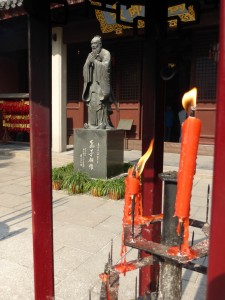
Throughout history, Confucianism has come in and out of favor in China. During the early 20th Century, Confucianism principles were blamed for China’s economic downturn. Scholars were ridiculed and persecuted during the Cultural Revolution. Presently, though, there has been a revival in Confucianism thought, even movements to change the Chinese National Teacher’s Day to Sept. 28, the believed birthday of Confucius.
Your thoughts on Confucianism?
Confucianism has not only influenced China, but scholars and societies around the world have put actions in place based on the philosophy. What do you think of Confucianism? What would you like to learn more about? Do you have a favorite Confucius quote?
-Monica

